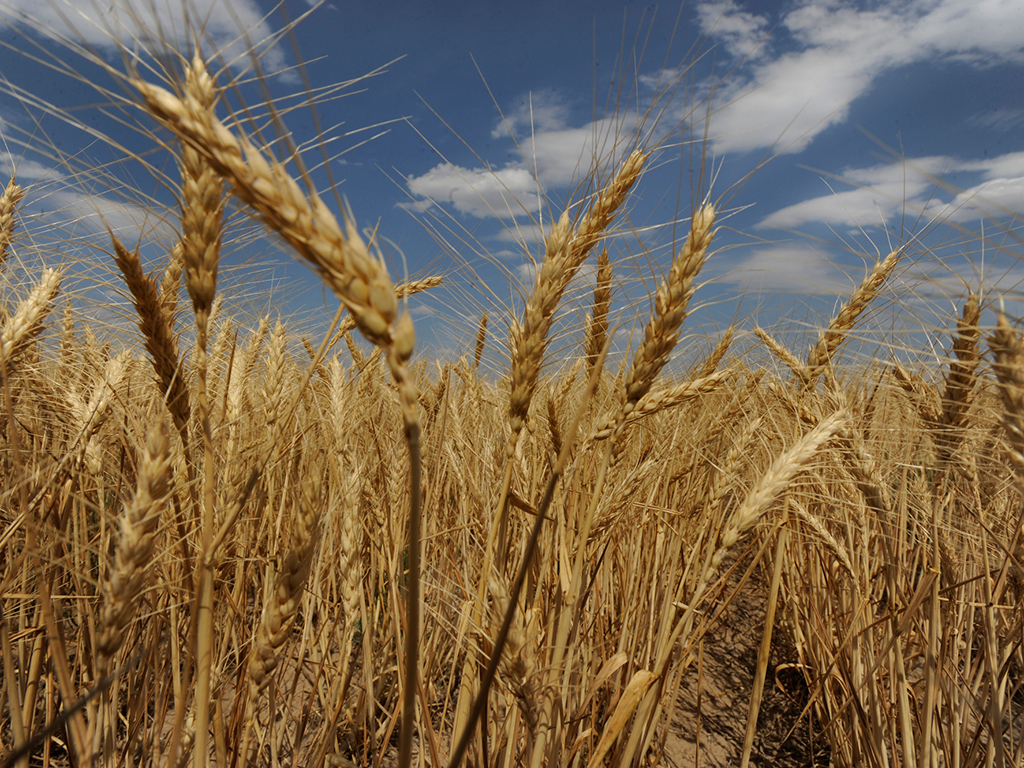Bayer completes record-breaking $66bn takeover of Monsanto
The multibillion dollar merger between the agribusiness giants is set to create the world’s biggest seeds and pesticides company

On September 14, German chemicals giant Bayer confirmed it had acquired the GM seed producer Monsanto, in the biggest all-cash deal in corporate history. The $66bn merger will create the world’s largest agriculture company, controlling 25 percent of the global supply of seeds and pesticides.
“We are pleased to announce the combination of our two great organisations”, said Werner Baumann, CEO of Bayer AG. “This represents a major step forward for our Crop Science business and reinforces Bayer’s leadership position as a global innovation driven Life Science company.”
While Bayer is best known as a pharmaceutical manufacturer, selling products such as Aspirin and Alka-Seltzer, the move will see the German giant shift its focus to seed production. Food security will be top of the agenda for the newly created company, as it looks for environmentally sustainable ways to feed a growing global population.
Fewer than a dozen corporations control nearly 70 percent of the global seed industry
“We are entering a new era in agriculture – one with significant challenges that demand new, sustainable solutions and technologies to enable growers to produce more with less”, said Hugh Grant, Chairman and CEO of Monsanto.
Monsanto has long been working on securing higher yields for farmers though the production of genetically modified seeds and its controversial herbicide, Roundup. While Monsanto’s extensive work on GM crops has often come under fire from campaigners and environmentalists, this latest deal with chemicals specialist Bayer suggests digital agriculture remains at the forefront of the seed producer’s ambitions.
The record-breaking acquisition is the latest in a spate of mergers and acquisitions in the global agriculture industry. As falling crop prices have seen reduced demand for seeds and pesticides, suppliers have increasingly looked to mergers to combat their stagnant profit margins. Industry giants Dupont and Dow Chemical joined forces at the end of 2015, while Swiss agribusiness Syngenta was bought last month by China’s state-owned ChemChina for a record-breaking $42bn.
In the wake of such high-profile acquisitions, the Bayer-Monsanto deal will further exacerbate anxieties over reduced competition in what is a rapidly-shrinking market. Currently, fewer than a dozen corporations control nearly 70 percent of the global seed industry, giving a select few companies unprecedented influence over worldwide food supply.
Given the scale of the deal, however, the merger is likely to come under heavy scrutiny from both US and European watchdogs. In the event the regulatory hurdles prove too difficult to overcome, Bayer has agreed to pay Monsanto a $2bn break fee.













